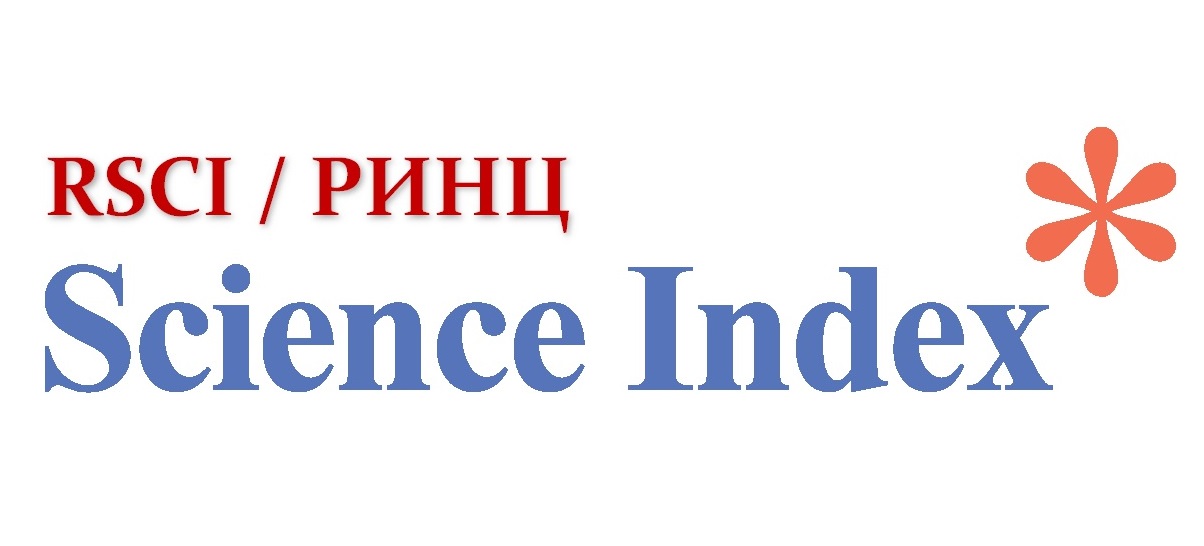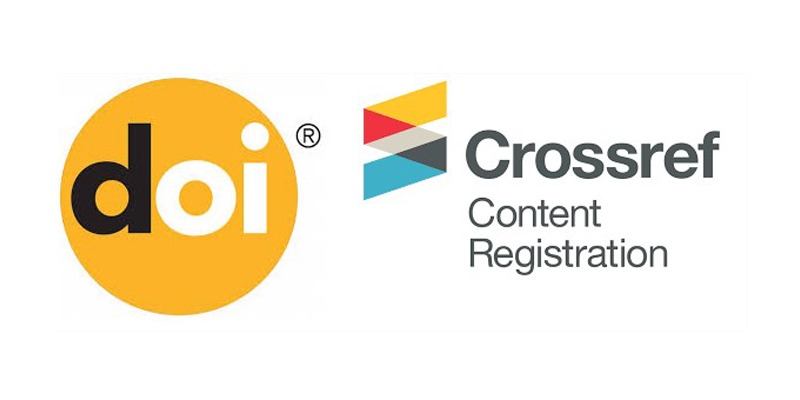Atlas of new professions as a landmark in the transformation of the modern labor market of Kazakhstan
Views: 343 / PDF downloads: 460
DOI:
https://doi.org/10.32523/2789-4320-2022-4-112-122Keywords:
labor market, continuous education, Atlas of new professions, educational technologies.Abstract
The proposed article examines the necessity and features of the Atlas of New Professions as an important factor of continuing education in the digital economy through the prism of a person's awareness of the priority of education, the formation of a motivational policy aimed at constantly improving the professional and general education level adequate to the requirements of the modern labor market throughout his life. Today, the world is on the threshold of the XI technological revolution, which will radically transform all spheres of human activity. The global approbation of digital products and technologies has an active impact on the demand of the labor market for appropriate personnel and the requirements for the level of their professional competencies. In this regard, the widespread introduction of innovative technologies makes it necessary to ensure universal access to educational services throughout life. The dominant in the circle of important problems is not only the training of personnel with the necessary skills and professional competencies, but also the development of appropriate educational technologies for the development of such skills that are in demand in the labor market. The results of numerous studies indicate that along with the positive effect of digitalization and its technological achievements determine new trends, causing multidirectional processes faced by modern society. Such challenges include the impact of digital technologies on the labor market, where jobs are being cut, a large number of professions are disappearing, there is a growing shortage of qualified personnel and a high demand for specialists with digital skills. All this necessitates new approaches that allow changing the format and content of staff training on a continuous basis, as required by the Industry 4.0 paradigm. In the context of the growing digital architecture of the economy, a special role is assigned to the Atlas of New Professions as a navigator of future specialties that were not previously predicted in the labor market.
Downloads
Downloads
Published
How to Cite
Issue
Section
License

This work is licensed under a Creative Commons Attribution-NonCommercial 4.0 International License.






